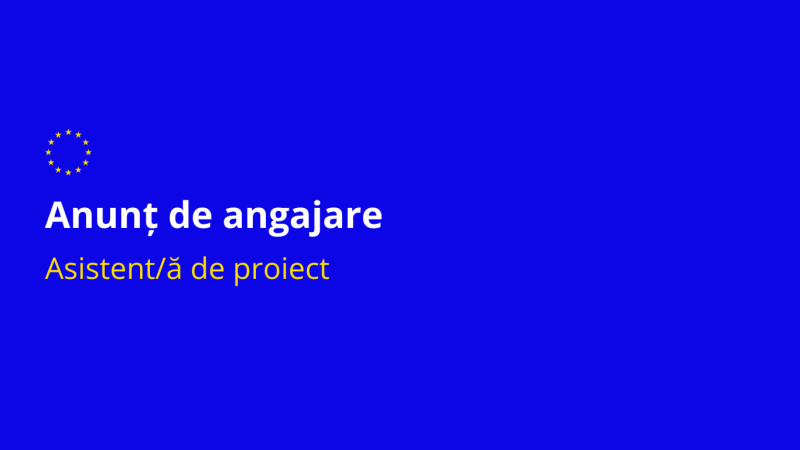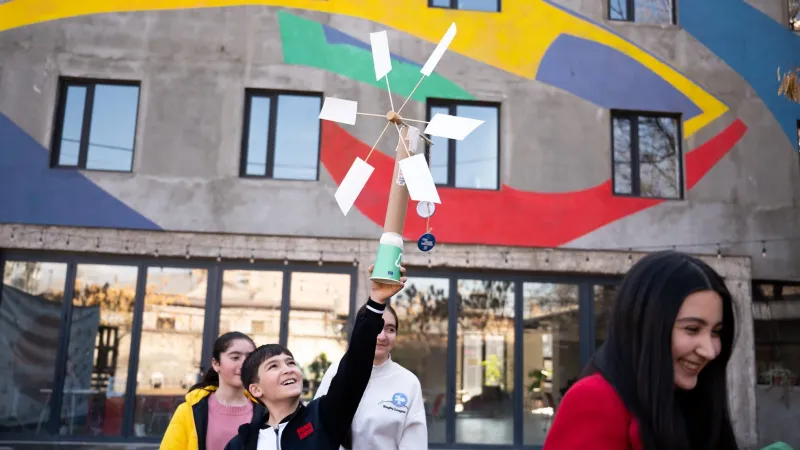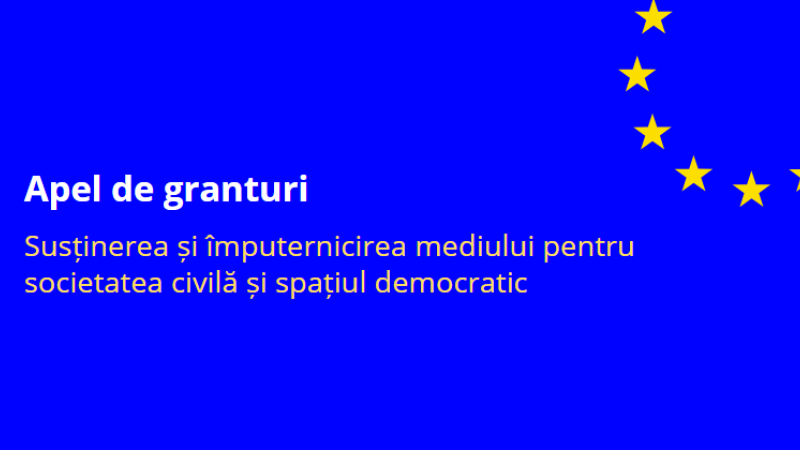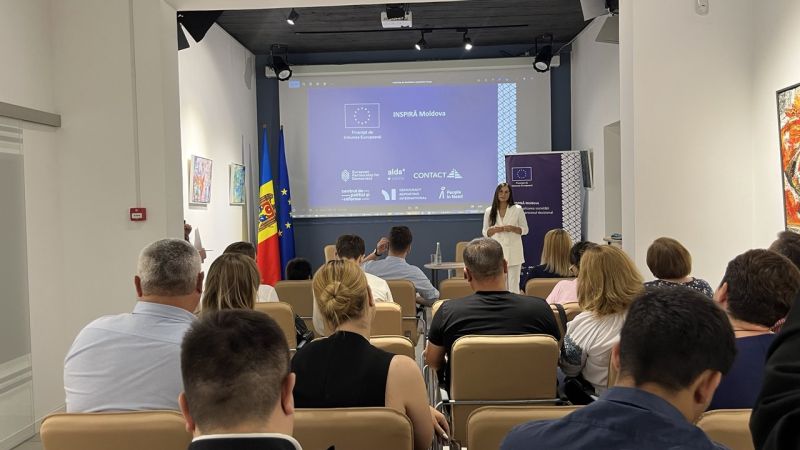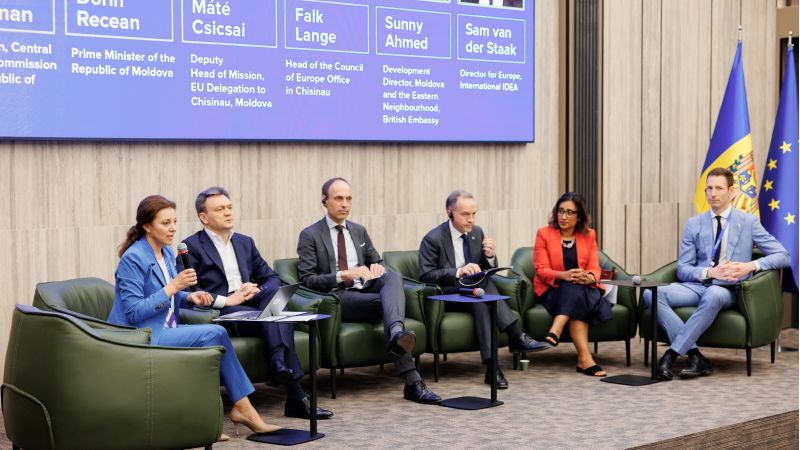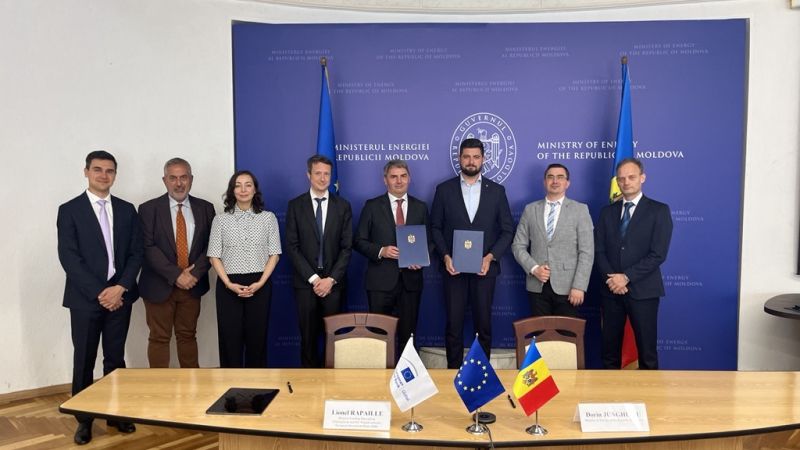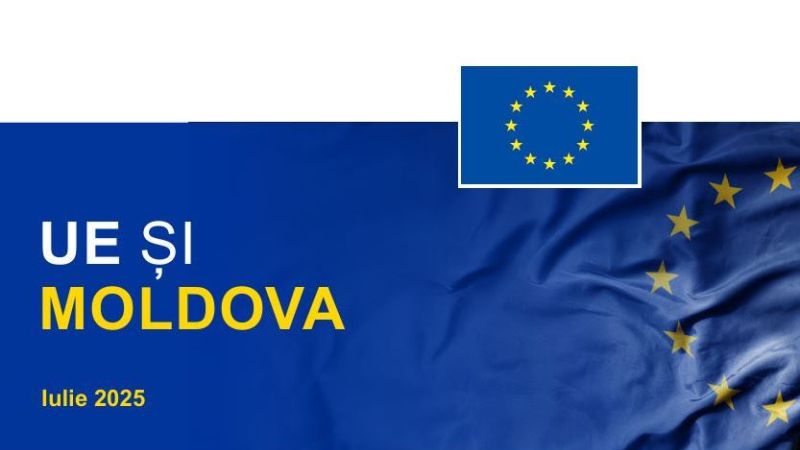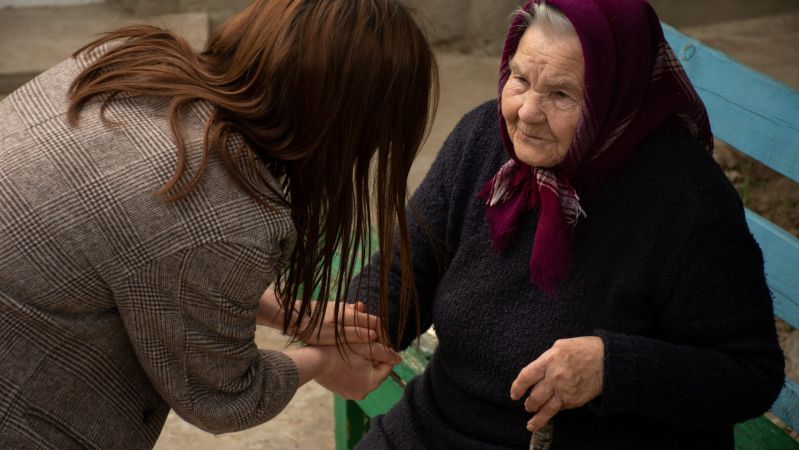Rolul de gardian al societății civile în domeniul achizițiilor publice asigură transparență, eficiență și integritate
Pe data de 3 septembrie, Institutul pentru Dezvoltare și Inițiative Sociale (IDIS) „Viitorul” a organizat conferința finală a proiectului “Îmbunătățiri inovative în sistemul de achiziții publice din Republica Moldova prin incluziune, creativitate și practici de respectare a legislației”. Proiectul a fost implementat de IDIS „Viitorul” cu susținerea financiară a UE prin intermediul Programului de consolidare a rolului societății civile în monitorizarea operațiunilor de suport bugetar și co-finanțat de UK Aid cu suportul Guvernului Marii Britanii.
În cadrul conferinței au fost prezentate rezultatele proiectului, precum și două rapoarte despre evaluarea Strategiei de dezvoltare a sistemului de achiziţii publice şi a Planului de acţiuni privind implementarea acesteia pentru anii 2016-2018, precum și monitorizarea Planului sectorial de acțiuni anticorupție în domeniul achizițiilor publice pentru anul 2018.
La sesiunea de deschidere au participat și reprezentanți ai autorităților din sectorul achizițiilor publice, inclusiv Agenția Achiziții Publice și Agenția Națională pentru Soluționarea Contestațiilor.
În timpul conferinței, coordonatoarea proiectului și vicedirectorul IDIS „Viitorul”, Carolina Ungureanu a prezentat principalele rezultate, activități și produse elaborate în vederea atingerii obiectivelor specifice a proiectului. Iar Diana Enachi, coordonatoare pe monitorizarea achizițiilor publice la IDIS „Viitorul”, s-a referit la necesitatea și impactul monitorizării achizițiilor publice asupra bunei guvernări, precum și principalele schimbări pozitive din sistemul achizițiilor din ultimii ani. Potrivit ei, progresele în domeniu fac referință la noua lege pe domeniul achizițiilor publice, transpusă după directivele europene; adoptarea primei Strategii de dezvoltare a sectorului, instituirea unui organ specializat de soluționare a contestațiilor, introducerea noului sistem de achiziții Mtender sau introducerea conceptului privind Documentului Unic de Achiziție European (DUAE).
Potrivit experților, în scopul îmbunătățirii sistemului de achiziții publice se cere instituirea unui mecanism de dialog permanent și clarificarea rolurilor și responsabilităților fiecărei instituții din sistem; dezvoltarea unui sistem național de certificare în domeniul achizițiilor; elaborarea și ajustarea cadrului legal secundar pentru punerea în aplicarea a legislației primare, asigurarea unui proces de achiziție integral electronic, precum și alte acțiuni anticorupție.
La finalul evenimentului, în cadrul sesiunii de discuții, au participat activ cu întrebări și sugestii, reprezentanți ai Agenției Naționale pentru Soluționarea Contestațiilor, Agenției Achiziții Publice, Ministerului Finanțelor, dar și ai autorităților contractante, platformelor electronice de achiziții, cât și societatea civilă pe marginea subiectelor abordate și rapoartelor prezentate în cadrul conferinței.
